CVRS Beneficiaries testimonies, Zanzibar – Tanzania
Civil registration is defined as the universal, compulsory, continuous, permanent and confidential recording of the occurrence of all vital events. Civil registration provides individuals with special approbatory instruments which allow them to prove, with incontrovertible certainty, the facts relating to their existence, identity, and personal and family situation. Thus, it is an invaluable source for comprehensive, regular, and detailed vital statistics. Consequently, continuous and universal civil registration and the production of vital statistics are critical functions of government, as civil registration establishes the existence of a person under the law. Where a CRVS has a high level of coverage and completeness, it is the preferred source of vital statistics due to the ongoing and timely collection of data.

“I have three children, and until recently, I had never received their birth certificates due to the challenges of the previous system. When I learned that the government had improved the process, I saw it as an excellent opportunity to try and obtain these documents. I am pleased to say that I was successful. I verified and received birth certificates for all three of my children. The process took just an hour and was handled professionally.
— Abdul Majid Twalib (46 years of age), Fuoni, Zanzibar, Tanzania
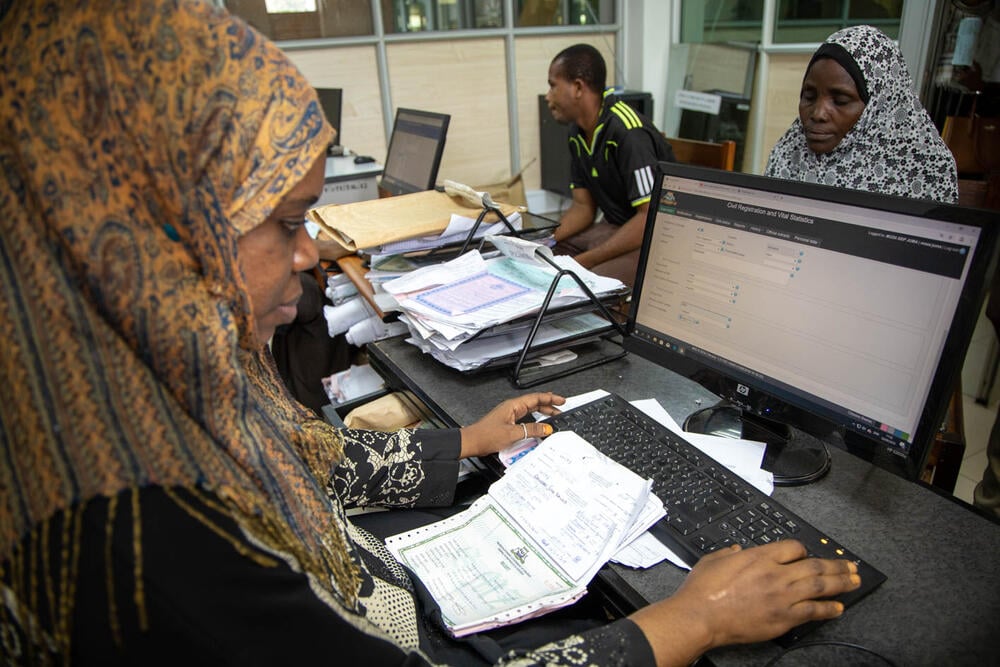
This system has been a significant relief, especially for women facing challenges such as sexual violence, denial of property rights, or the division of property after a marriage ends. It took me two days to complete the registration process...
— Saada Hussein Juma (48 Years of age), Chukwani, Zanzibar, Tanzania
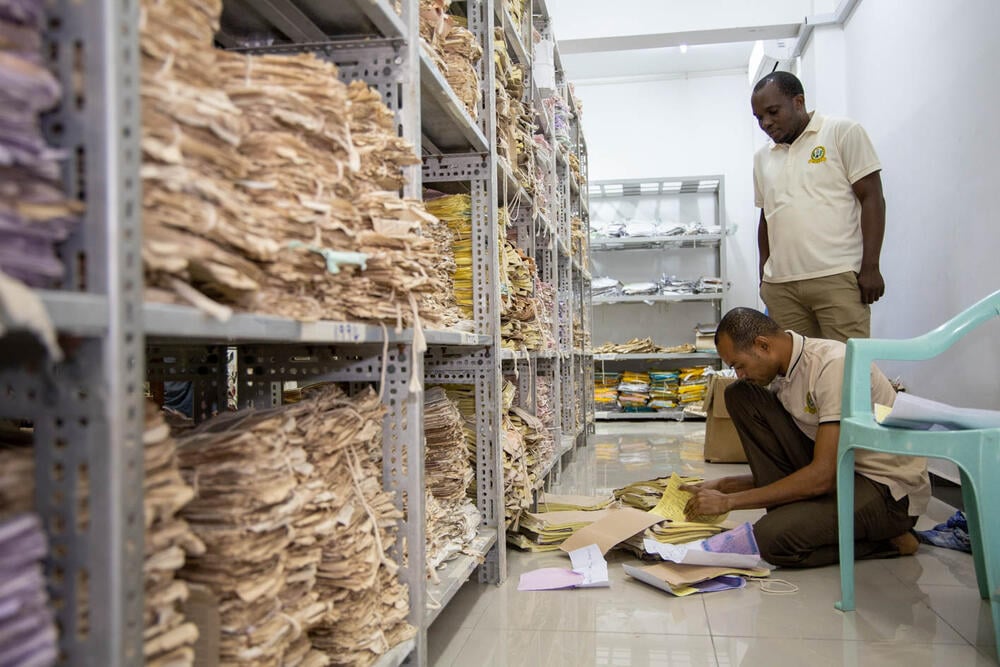
Old (manually) System how files /certificates were kept in shelves in Zanzibar
In Zanzibar, under the old manual system, files and certificates were traditionally kept in physical shelves, often organized in a manner that could be inefficient and prone to errors. Here’s a description of how the process typically worked:
Old Manual System for File and Certificate Management
**1. Storage Infrastructure:
- Shelves and Cabinets: Files and certificates were stored in large metal or wooden shelves and cabinets. These were often organized in rows within office spaces, sometimes in dedicated rooms for record-keeping.
- Filing Systems: The filing systems used were generally based on physical folders and index cards. Each folder or card contained information about individuals and their respective certificates.
**2. Organization:
- Alphabetical or Numerical Order: Records were often sorted alphabetically by name or numerically by file number. This method, while straightforward, could become cumbersome with a large volume of records.
- Manual Indexing: Index books or ledgers were used to keep track of where files were stored. These index books were manually updated, which could lead to inconsistencies or errors if not maintained diligently.
**3. Access and Retrieval:
- Physical Access: To retrieve a document, staff had to physically locate the relevant shelf or cabinet and manually search through the files. This process could be time-consuming, especially if records were not well-organized.
- Handling Requests: Requests for certificates or other documents had to be processed manually, which involved searching through physical files and sometimes dealing with incomplete or misplaced records.
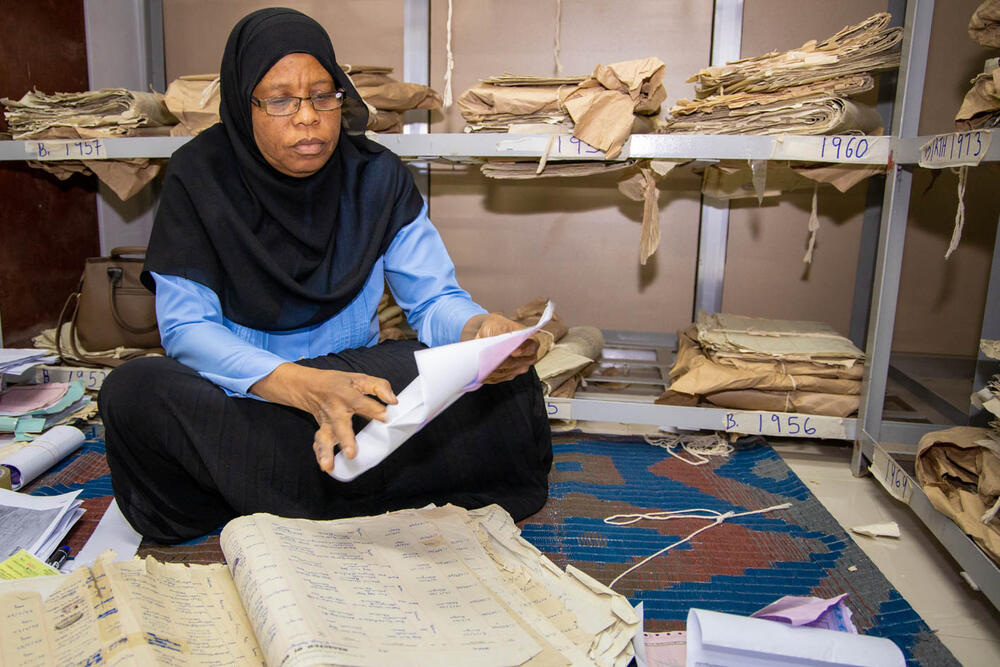
**4. Challenges:
- Risk of Loss or Damage: Physical files were vulnerable to loss, damage, or deterioration due to environmental factors like humidity, pests, or wear and tear.
- Inefficiency: The manual system was often slow and prone to errors, particularly in handling large volumes of requests or managing updates to records.
- Limited Accessibility: Access to records was restricted to office hours and physical location, making it difficult for individuals to retrieve documents outside of these constraints.
**5. Record Keeping:
- Paper-Based Documentation: All records were paper-based, which required careful management to prevent issues such as misfiling or loss of documents.
- Updates and Maintenance: Updating records required manual entry and filing, which could be labor-intensive and susceptible to human error.
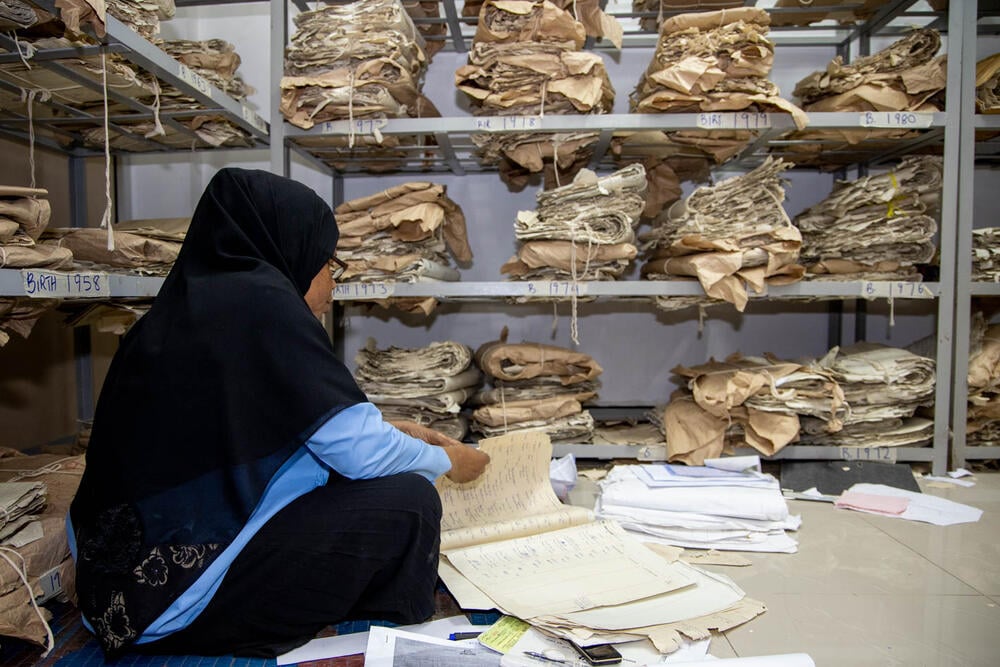
The shift to a digital or more modern system typically aims to address these challenges by improving efficiency, accessibility, and security of records.
"This new system has been a tremendous help. It has saved us time and allowed us to proceed with our daily activities more efficiently. I would like to congratulate the government and all stakeholders involved in making this registration system a success. The improved process has significantly reduced the time required to obtain essential documents, a stark contrast to the previous system where it could take over a month to get the necessary certificates.”
— Abdul Majid Twalib (46 years of age), Fuoni, Zanzibar, Tanzania
In 2016, UNFPA provided support to the Zanzibar Civil Status Registration Agency (ZCSRA) to create an electronic and modern civil registration system. Prior to its launch civil registration was completed manually in Zanzibar. The electronic CRVS is now fully functioning - the first electronic birth certificate was issued and printed in Zanzibar on April 25, 2016 – and records births, deaths, marriages, divorces and generates national identification cards. Since 2016, 46,623 births have been registered in Zanzibar, with the corresponding number of birth certificates issued. The system has also been populated with civil registration data captured manually since 1987.

Eradicating poverty and ‘leaving no one behind’ is only possible if everyone is visible to the government and development partners. The legal documentation of identity through a CRVS system facilitates social, economic, and political inclusion and supports individuals in exercising their rights.
“I am a widow with five children, and my eldest son is 19 years old. All of my children are still studying. This registration system has been pivotal in securing my basic rights and allowed me to manage my late husband’s property, which is rare in our society.
— Saada Hussein Juma (48 Years of age), Chukwani, Zanzibar, Tanzania
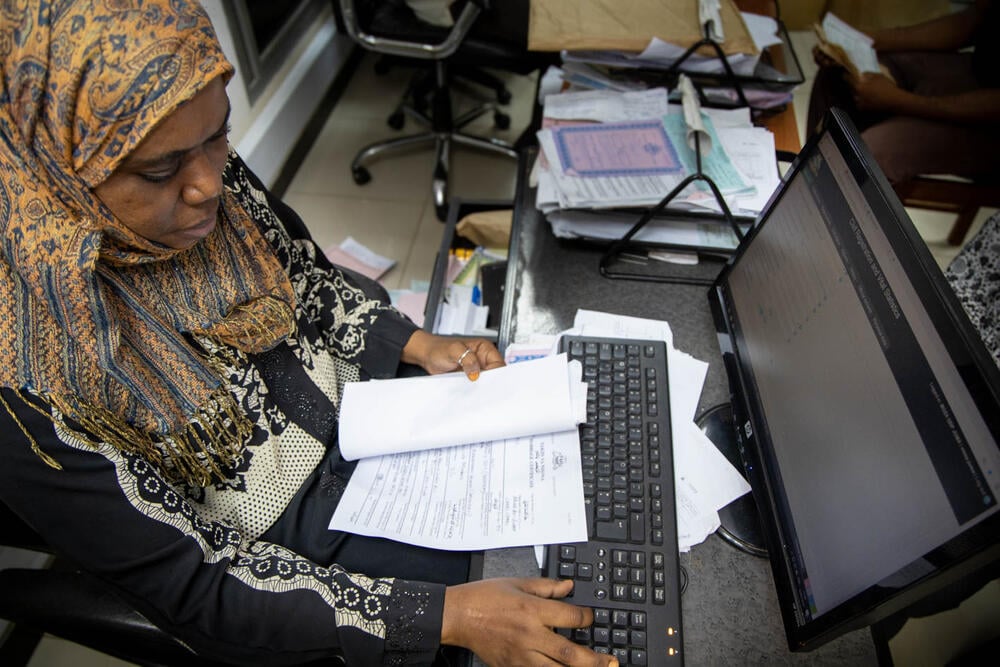
The electronic CRVS provides timely information about the size and composition of the population in Zanzibar and will assist the Revolutionary Government of Zanzibar (RGoZ) in designing evidence-based policies and programmes tailored to the specific needs of the people. The RGoZ is also now better placed to monitor its progress against national and international targets and goals, including the Sustainable Development Goals.
Media Inquiries:
Dr. Warren Bright
UNFPA Communications Analyst
United Republic of Tanzania
Mobile: +255 764 43 44 45
Email: bwarren@unfpa.org



